Learning to Live with Wildfire Rather than Just Fighting It
How Wildfire Adaptation and Mitigation Are Paving Way to More Resilient Future
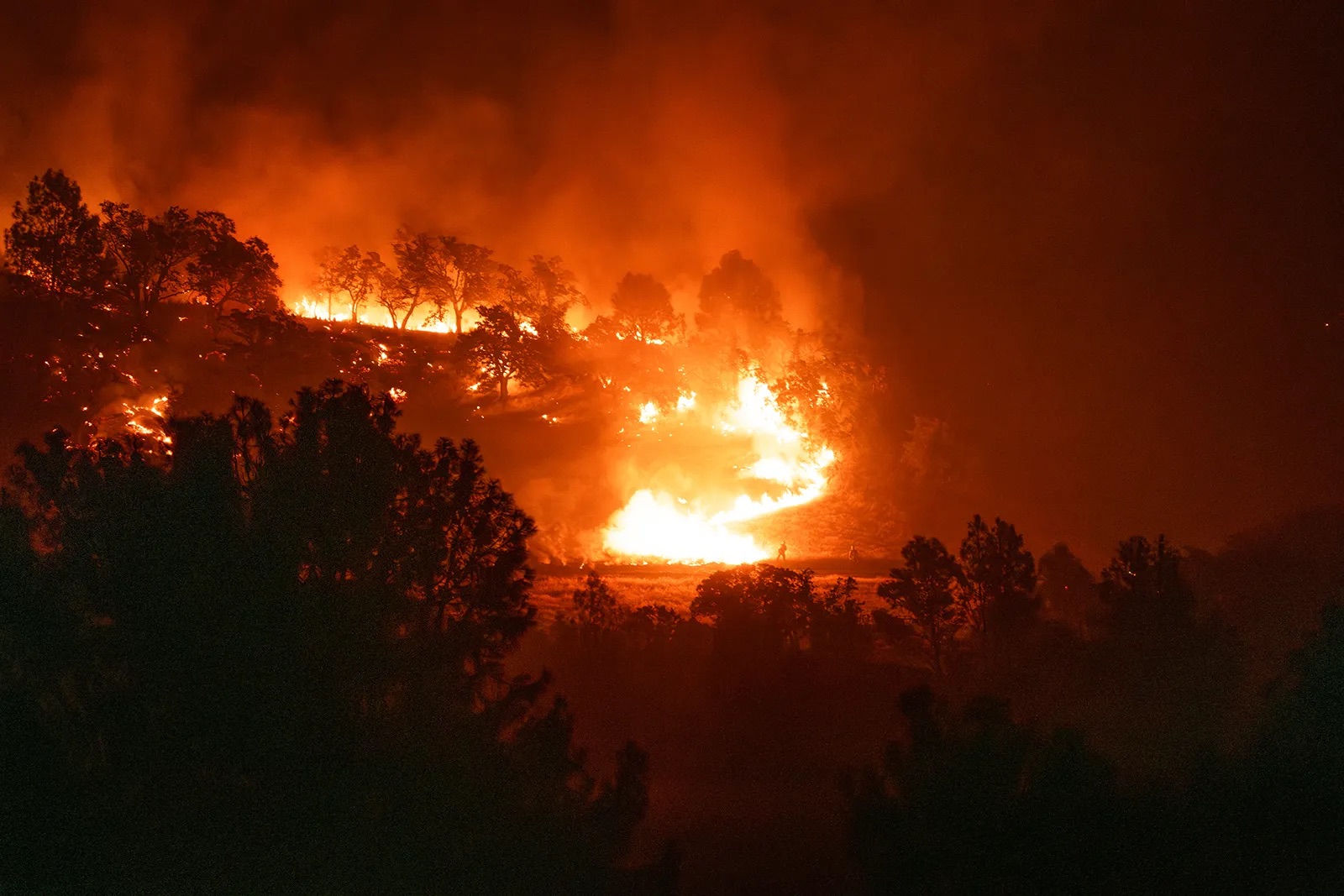
California is being scorched this year — a consequence of hotter, longer, and more frequent wildfires as climate change fans the flames. But one hopeful idea has emerged from the ashes: building resilience.
At a wildfire symposium in Santa Barbara on August 13, hosted by the California Fire Foundation, wildfire management leaders discussed how evolving mitigation strategies are creating a more resilient future for Santa Barbara and Ventura counties.
Still, it will take a lot of time, effort, and money for communities to heed the forewarning pointer-finger of Smokey Bear.
A Singed Landscape
This fire season is more active than the past two years, with recent fires including the now-contained Lake Fire near Los Olivos and ongoing Borel, SQF Lightning, and Park fires. Cal Fire Director Joe Tyler noted that all incident management teams have been deployed at least twice this year, with burned acreage well above average — including 38,000 acres for the Lake Fire and more than 400,000 acres for the Park Fire across four counties.
“What we keep hearing is, ‘I’ve never seen conditions like this before,’” Tyler said to the room of firefighters, community members, and local officials. Fires are starting in the afternoon, burning through the night, and new fires are igniting the next day.

California Fire Foundation Executive Director Rick Martinez said that while the last decade of mitigation efforts — home hardening, reducing hazards and fuel, and educating communities — have made an impact, the number of large fires still burning around California is an indicator of our ever-blazing landscape.
He emphasized that both individual and community-wide fire preparedness are crucial, including the creation of defensible space.
“I think I can appreciate that none of us want to have 1,000 feet of dirt around our homes,” he added. “But I spent 35 years in the fire service. It’s not an ‘either/or’; it’s a ‘when.’”
Weeds and Needs
At Tuesday’s symposium, UC Santa Barbara professor Sarah Anderson and researcher Izzy Sofio presented a “Wildfire Needs Assessment” brief, offering lessons from the Thomas and Woolsey fires and recommendations for wildfire preparedness and response in a changing climate.
Historically, fire seasons began in late summer or early fall, but seeing as the Thomas Fire ignited in December 2017, fires are now a year-round concern. Anderson’s research has focused on the community aspect of wildfire — “We knew about wildfire’s interaction with the landscape, but we didn’t know much about how humans as a system were interacting with it.”
Wildfire mitigation projects, she found, were more likely to be seen in communities that had recent or nearby wildfires, driven by wealthier residents. Not only is this inefficient — threats of fire go down after an area has burned — but it is also inequitable, she said.
Santa Barbara County has started to shift away from these short-term, reactive responses to long-term resilience, focusing on living with wildfire rather than just fighting it. But that comes with its own challenges.
Anderson stressed the need for more proactive measures, including prescribed burns that tap into indigenous knowledge, agricultural buffers, flexible funding, improved water supply, and greater collaboration between fire agencies and vulnerable communities.
But truly mitigating the severity and frequency of wildfire is not going to be a walk in the park, “because we’ve been putting out every fire ever so far, right? And because, in our case, we live in a really fire-prone area. We have to be able to handle it. It’s just our reality.”
According to Cal Fire’s Joe Tyler, out of a statewide goal of one million acres treated by 2025, they only just hit the 100,000-acre mark. “We should be treating 20 million acres, but we don’t have the workforce to do that,” he said.

Living with Wildfire
Other panelists at the symposium emphasized that wildfire mitigation should go beyond simply measuring acres treated and focus on engaging communities. Historically, residents, especially Spanish-speaking and low-income residents, have been left out of the conversation.
Primitiva Hernandez, executive director of 805Undocufund, mentioned that more than 11 percent of Santa Barbara County is undocumented. “When we’re talking about wildfire resiliency, we often exclude those people,” she said. “We want to work with you and recognize that we have to do it together.”
While effort is being made with current resources, much more remains to be done, and paid for. There is no one-size-fits-all solution for the growing wildfire threat but panelists explored a portrait of diverse approaches: “Firewise” communities, power companies fire-proofing the grid, trauma-informed care for children, and addressing the home insurance crisis, to name a few.
On the firefighters’ end, the goal is to keep homes standing, but also “making sure your crews go home tomorrow,” said Fred Tan, fire marshal for the Santa Barbara County Fire Department. That means creating space for firefighters to get in and out as quickly as possible.
“If you have a home in this county, you realize that you’re in a fire risk area,” he said. “You may just not want to pay for it” in the form of vegetation clearing and water supply, he added.

Funding is one of the sticking points for fire mitigation, and the symposium was held, in part, to identify future funding opportunities for the California Fire Foundation to support multi-year mitigation projects.
Statewide, the 2024 budget agreement includes $2.6 billion through 2028 to protect Californians from wildfires and improve forest health, in addition to $200 million per year for healthy forest and fire prevention programs, including prescribed fire and other fuel reduction projects.
Residing in Risk
Mark von Tillow, wildland specialist for the City of Santa Barbara Fire Department (SBFD), explained that, over his 36 years in the fire service, fires have become “bigger, faster, and hotter.” They used to catch fires at only double-digit acreage and a large fire “might have been only 10,000 acres,” which they would fight for a few days before heading home.
Right now, the city is working through their Community Wildfire Protection Plan (CWPP), which are blueprints specific to an area’s wildfire needs. Cities and counties across the state are drafting these plans to build more resilient communities.
The CWPP was approved in 2021 after years of planning, “so now it’s time to implement,” von Tillow said, including being “good neighbors” and collaborating with private landowners for fuel reduction and the creation of defensible space.
“We’ve taken tons and tons and tons of vegetation out of places that we needed to for years,” he said. “We’re now starting to see some change, and the public seems to enjoy what we’re doing. That’s positive feedback.”
The next steps, he said, are to keep moving forward and keep educating the public. It’s like painting the Golden Gate Bridge — defensible space is annual maintenance. “You can’t cut it once and be done.” Von Tillow hopes that the city funds a five- or six-person permanent fuels crew to cut weeds without relying on grant money.
“The city’s definitely headed in the right direction,” he said. “And we’ve had a lot of people from around the state call us and go, ‘Hey, how’d you do this?’ But between their skill set and our skill set, we’re gonna tackle it.”
To read the full Wildfire Assessment Needs brief, visit here. For more information on funding opportunities, visit here.
Premier Events
Thu, Nov 28
12:00 PM
Santa Barbara
Thanksgiving Dinner at The Harbor Restaurant
Fri, Nov 22
11:00 AM
Santa Barbara
Santa Barbara Antique & Vintage Show & Sale
Fri, Nov 22
6:00 PM
Santa Barbara
Introduction to Crochet Workshop
Fri, Nov 22
7:30 PM
Carpinteria
Rod Stewart VS. Rolling Stones Tribute Show
Fri, Nov 22
9:00 PM
Santa Barbara
Numbskull Presents: Jakob’s Castle
Sat, Nov 23
11:00 AM
Santa Barbara
Santa Barbara Antique & Vintage Show & Sale
Sat, Nov 23
12:00 PM
Santa Barbara
Fall 2024 Healing Arts Faire
Sat, Nov 23
7:30 PM
Santa Barbara
SBCC Theatre Arts Department presents “Mrs. Bob Cratchit’s Wild Christmas Binge”
Sun, Nov 24
11:00 AM
Santa Barbara
Santa Barbara Antique & Vintage Show & Sale
Sun, Nov 24
6:00 PM
Santa Barbara
¡Viva el Arte de Santa Bárbara! Mariachi Garibaldi de Jaime Cuellar
Sun, Dec 01
5:00 PM
Santa Barbara
Paseo Nuevo Tree Lighting Ceremony
Thu, Nov 28 12:00 PM
Santa Barbara
Thanksgiving Dinner at The Harbor Restaurant
Fri, Nov 22 11:00 AM
Santa Barbara
Santa Barbara Antique & Vintage Show & Sale
Fri, Nov 22 6:00 PM
Santa Barbara
Introduction to Crochet Workshop
Fri, Nov 22 7:30 PM
Carpinteria
Rod Stewart VS. Rolling Stones Tribute Show
Fri, Nov 22 9:00 PM
Santa Barbara
Numbskull Presents: Jakob’s Castle
Sat, Nov 23 11:00 AM
Santa Barbara
Santa Barbara Antique & Vintage Show & Sale
Sat, Nov 23 12:00 PM
Santa Barbara
Fall 2024 Healing Arts Faire
Sat, Nov 23 7:30 PM
Santa Barbara
SBCC Theatre Arts Department presents “Mrs. Bob Cratchit’s Wild Christmas Binge”
Sun, Nov 24 11:00 AM
Santa Barbara
Santa Barbara Antique & Vintage Show & Sale
Sun, Nov 24 6:00 PM
Santa Barbara
¡Viva el Arte de Santa Bárbara! Mariachi Garibaldi de Jaime Cuellar
Sun, Dec 01 5:00 PM
Santa Barbara




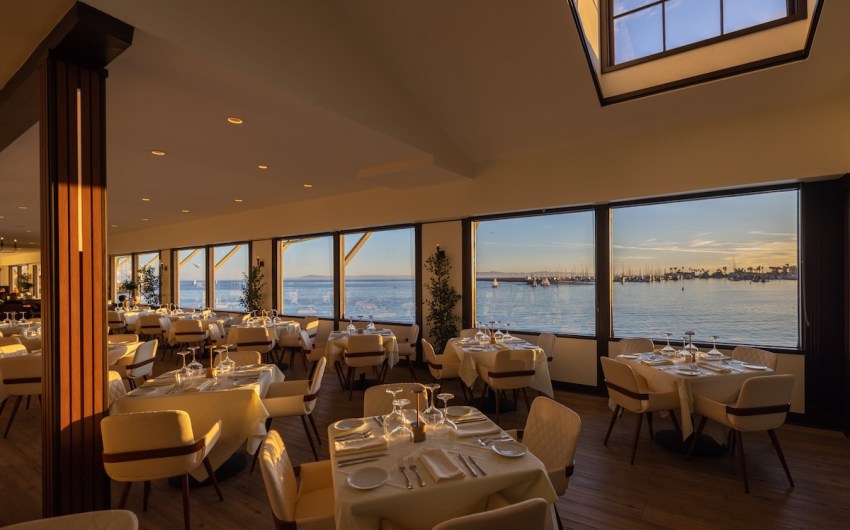

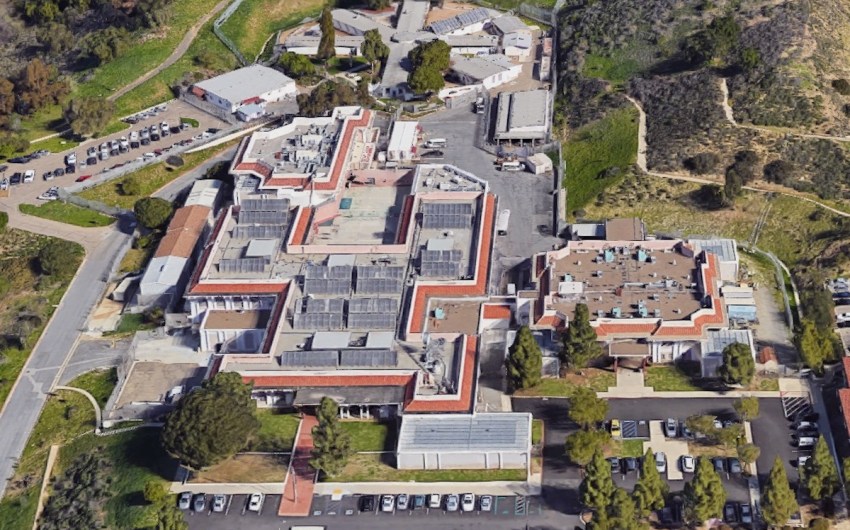
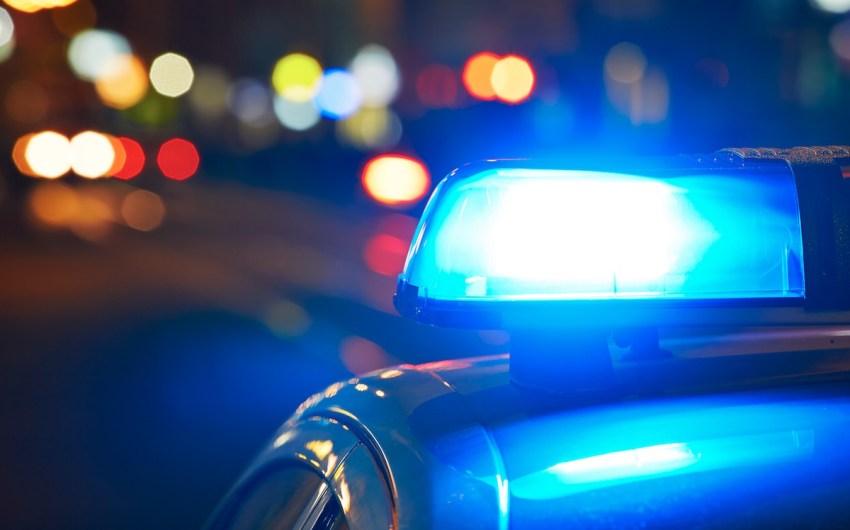
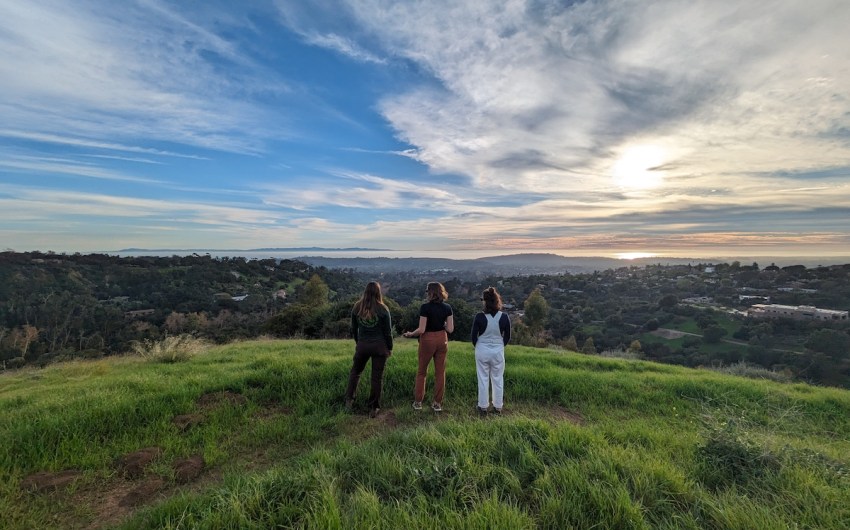

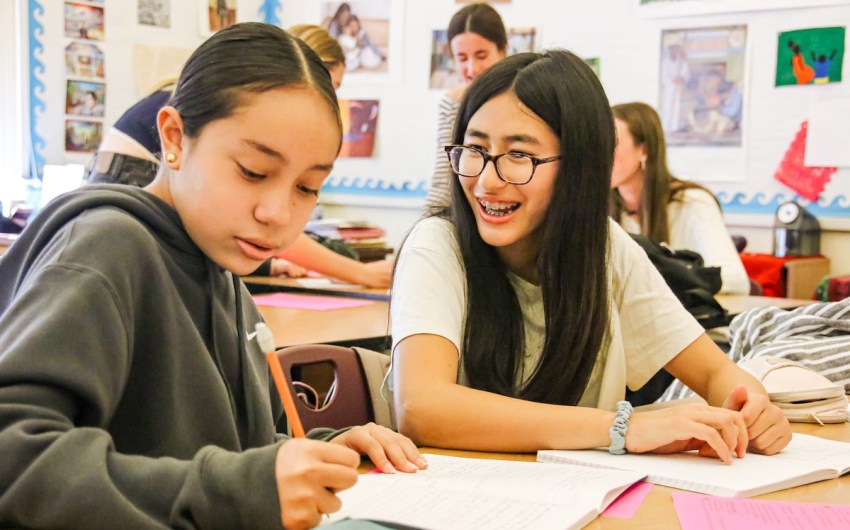
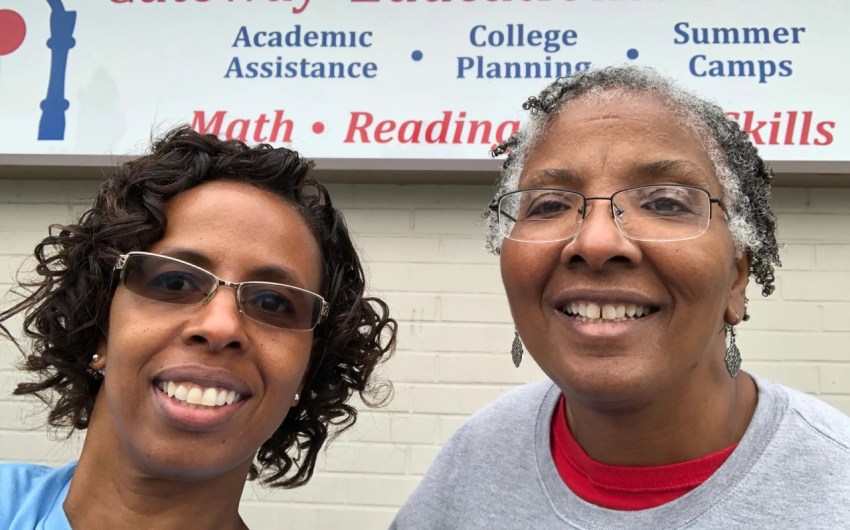










You must be logged in to post a comment.